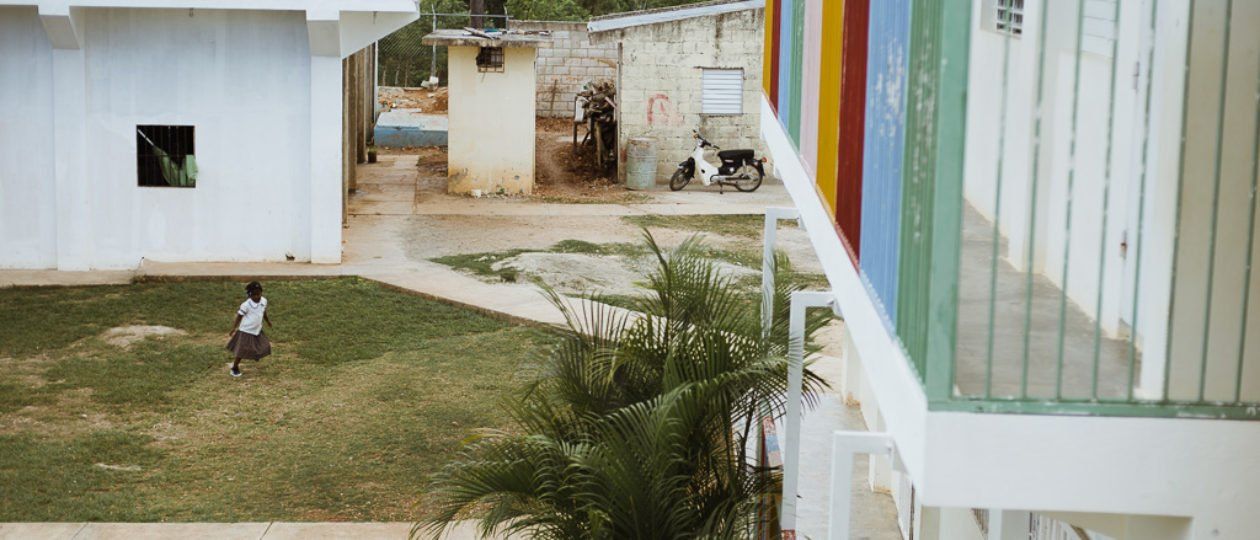I have only been out of the country twice, and both times, I visited Latin American nations. The first time I left the country, I went to Ecuador, and, this summer, I visited the Dominican Republic with Healing Waters International.
This certainly does not make me an expert in Latin America culture or the church in Latin America, but I can say that in both situations, the Latin American culture surprised and inspired me, especially in the context of the church’s role in community development. Mobilization of the church took on a whole new meaning for me.
Churches in Latin American culture take a lot of responsibility as far as community development. In Ecuador, the seminary school I stayed at during my visit opened their doors to visitors from all over the world who did not have a place to stay. They also employed people from the community who were not a part of the church.
Also, in the Dominican Republic, a church in the community of Consuelo raised money to bring the water purification system to their community, they helped install and pay for electricity to come to their community, and they helped open a bakery so women in the community could have a place to work. Overall, in the Latin American cultures I have seen, church members are empowered and motivated to create change in the lives of those around them, helping in whatever way they can.
Though there are a lot of ways the Western church reaches out and ministers to people, I think we can glean a lot of wisdom from churches in the developing world. Part of the problem, I think, is that we get caught up in our individualism, which stunts our ability to have empathy and encourage those around us.
According to PEW research, the United States stands out as one of the most individualistic countries in the world. With individualism sometimes comes the “every man for himself” mindset that, in a way, taints our ability to truly serve those around us. We have this idea that, if people want a better life—if they want to change and to thrive—they will simply pull themselves up by their bootstraps and fix themselves.
However, sometimes people just need someone to give them the knowledge and tools to help them take a step in the right direction—when people are empowered and educated, they will usually do their part in creating change in their lives. Sometimes people also just need someone to listen to their story and understand that their situation is often due to extenuating circumstance opposed to laziness or the lack of trying. Also, the church must realize that we must take responsibility and action in helping those in our community instead of waiting for other institutions (such as the government) to always help people get back on their feet.
At Healing Waters, we believe in continuing to mobilize the church in Latin American cultures and elsewhere. We never give away water for free. Rather, we ask the community leaders to determine a cost everyone can afford. This helps provide jobs in communities and gives community members micro business training. It also helps community members feel empowered and responsible when they buy the water. Learn more about our holistic mission and how you can help by visiting our website!
HER NEWS LETTER SIGNUP
RECENT POSTS






